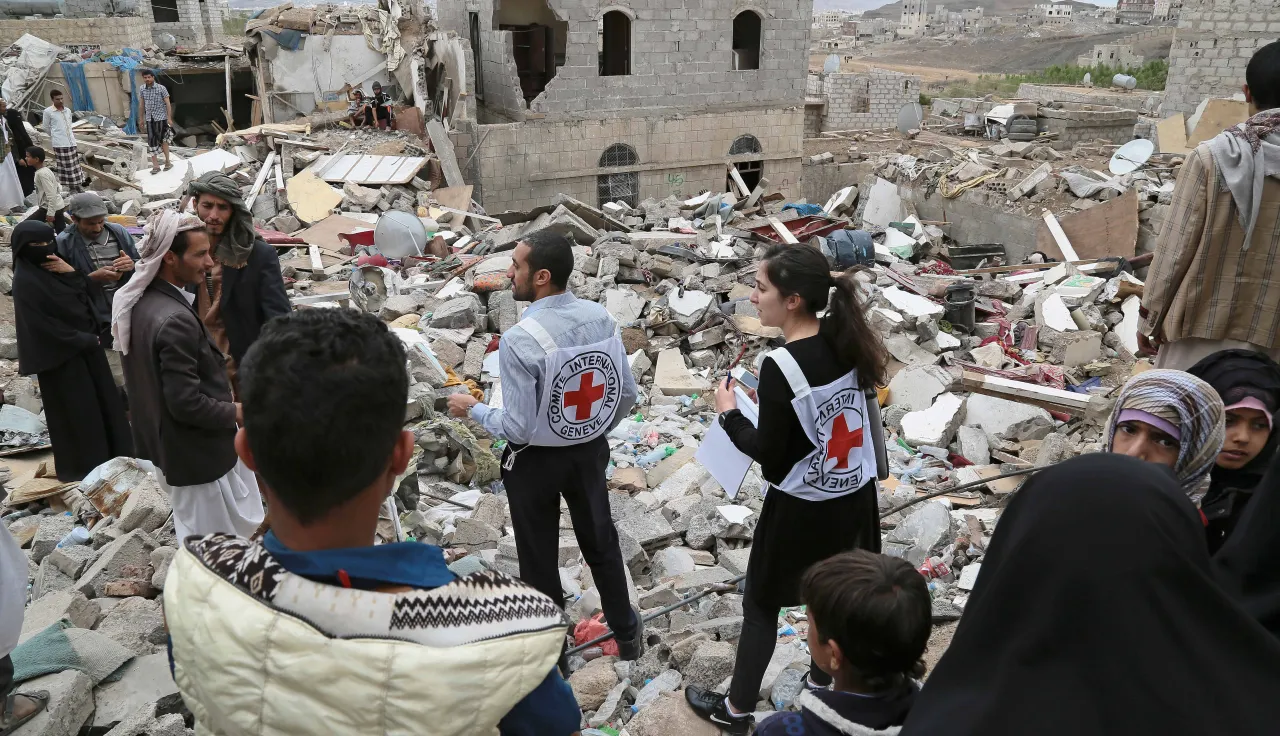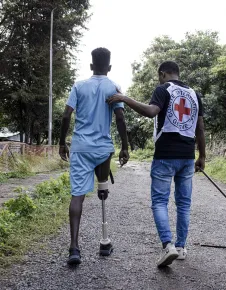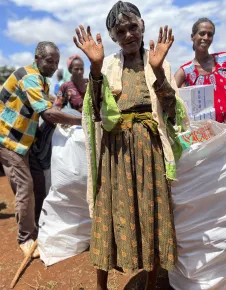The ICRC is a neutral, impartial and independent humanitarian organization. We have a mandate to help and protect people affected by armed conflict and other violence or – as our mission statement puts it – “other situations of violence”. When we talk about other violence, we mean violence that has not reached the threshold of an armed conflict but is carried out by large groups and has consequences in humanitarian terms. This mandate was given to us by states through the four Geneva Conventions of 1949, their Additional Protocols of 1977 and 2005 and the Statutes of the International Red Cross and Red Crescent Movement of 1986.
Our mandate and legal status sets us apart from both intergovernmental organizations (such as the specialized agencies of the United Nations) and non-governmental organizations. This status allows us to function independently of governments and to serve, with complete impartiality, the people most in need of protection and assistance.



